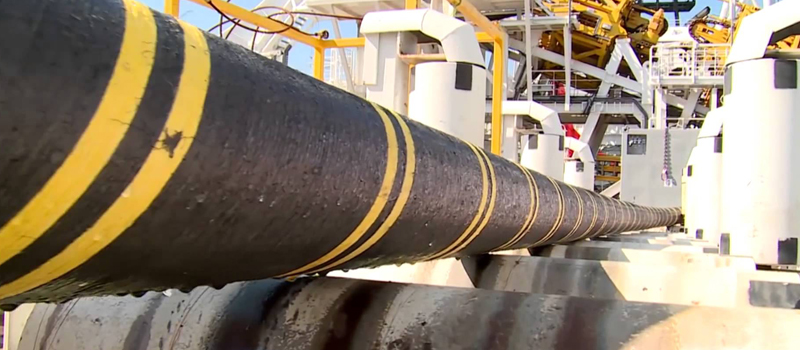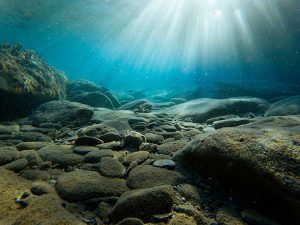

Graham Evans
Managing Director
Global Subsea Cable Business, EGS Survey Group
The question of protecting biodiversity in Areas Beyond National Jurisdiction is just one of the challenges facing the submarine cable community influencing the planning, engineering, and implementation of submarine cables. This requirement, together with moves to greatly increase the geographic footprint of Marine Protected Areas both within and outside areas of national jurisdiction, is having a serious impact on routing for submarine cable systems, particularly for trans-oceanic low-latency routes where route selection is further compromised by deep-sea mining.
A number of states and environmental non-government organizations are seeking to regulate marine activities in the high seas under the auspices of protecting biodiversity in areas beyond national jurisdiction, through the creation of a new internationally-binding legal instrument, as an implementation agreement under the United Nations Law of the Sea Convention. The UN Preparatory Committee established by UN resolution has completed its fourth and final session in New York. The Preparatory Committee Chair has prepared his report, and a draft treaty text guided by that report has been drafted for consideration of the UN General Assembly. Of direct relevance to the submarine cable community is the fact that the draft treaty acknowledges that the laying and maintenance of submarine cables have benign environmental effects and are governed by provisions of UNCLOS, implying but not stating, that submarine cables should be exempt from additional regulation. This suggests that ICPC engagement with the Preparatory Committee process, together with peer-reviewed research providing clear evidence of the environmental neutral impact of submarine cables, has been acknowledged. However, should submarine cables not be deemed exempt, there is a potential for any new regulation to seriously hinder the development and implementation lead time for new high-capacity submarine cable systems traversing the world’s oceans.
 Attend the Submarine Cable Luncheon panel at PTC’18, comprising distinguished guest speakers from two sides of environmental opinion, potentially impacted carriers, consultants involved with developing new systems, as well as legal opinion, who will debate the fundamental question: Submarine Cables and High Seas Regulation of the Marine Environment – What’s the Problem?
Attend the Submarine Cable Luncheon panel at PTC’18, comprising distinguished guest speakers from two sides of environmental opinion, potentially impacted carriers, consultants involved with developing new systems, as well as legal opinion, who will debate the fundamental question: Submarine Cables and High Seas Regulation of the Marine Environment – What’s the Problem?
Session Overview:
Changes to the governance of the deep ocean has the potential of dramatically impacting planning, engineering, permitting, and implementation of submarine cables beyond territorial jurisdictions. Come listen to UN, industry, and university experts debate how best to balance the needs of international communication with protecting our environment.
Learn more about submarine cable luncheon moderator Graham Evans, Managing Director, Global Subsea Cable Business, EGS Survey Group and Chairman of the International Cable Protection Committee.




